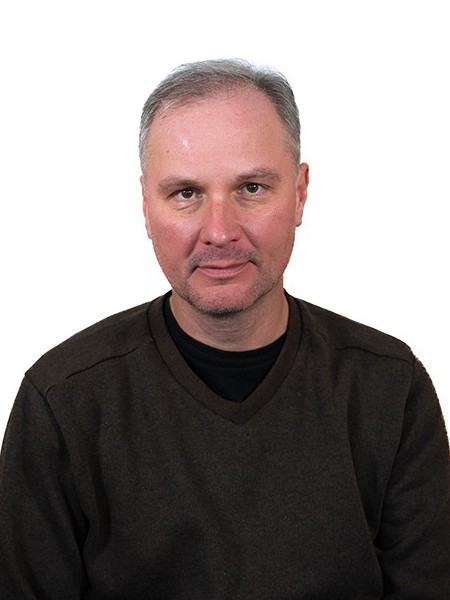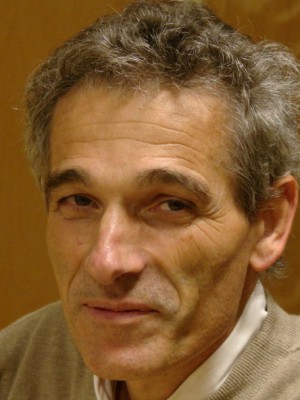abstract
Multimodal porous cellular alumina structures (monoliths) were prepared by an emulsion-gel casting technique using eco-friendly and inexpensive lipids such as corn oil, castor oil, margarine and their mixtures as the dispersed phase. The monoliths obtained showed good mechanical stability, exhibiting compressive strengths in the range of 8-50 N.mm(-2). Mercury intrusion porosimetry analysis showed that the monoliths produced presented porosities ranging from 28% to 60% and average pore sizes within 0.2-3.2 mu m. The formation of the porous networks was interpreted based on combined droplet coalescence, flocculation and Ostwald ripening effects. The presence of such effects along the emulsion storage time led to changes in their viscoelastic and morphological properties, which were found to correlate with structural descriptors of monoliths after sintering (e.g. average pore sizes and porosity). These correlations open up the possibility to anticipate the final structure of the monoliths and adjust emulsion-gel conditions to produce customized cellular structures with fine-tuned porosities and pore sizes, envisaging their application in membrane processes or chromatography. (C) 2018 Published by Elsevier Ltd.
keywords
CELLULAR CERAMICS; ALUMINA; SUSPENSIONS; FOAMS; GELATION; AGAROSE
subject category
Materials Science
authors
Nayak, N; Vitorino, N; Frade, JR; Kovalevsky, AV; Alves, VD; Crespo, JG; Portugal, CAM
our authors
acknowledgements
This work was supported by the Associated Laboratory for Sustainable Chemistry - Clean Processes and Technologies (LAQV) and LEAF, which are financed by Portuguese national funds from FCT/MEC (UID/QUI/50006/2013 and Pest-OE/AGR/UI0245/2013, respectively) and co-financed by the ERDF under the PT2020 Partnership Agreement (POCI-01-0145-FEDER - 007265) and the Erasmus Mundus grant for Doctorate in Membrane Engineering provided by the Education, Audiovisual and Culture Executive Agency of the EC. The support of the projects LEANCOMB (04/SAICT/2015, PTDC/CTM-ENE/2942/2014) and CICECO-Aveiro Institute of Materials (UID/CTM/50011/2013), financed by COMPETE 2020 Program and National Funds through the FCT/MEC and when applicable co-financed by FEDER under the PT2020 Partnership Agreement, is also acknowledged.




